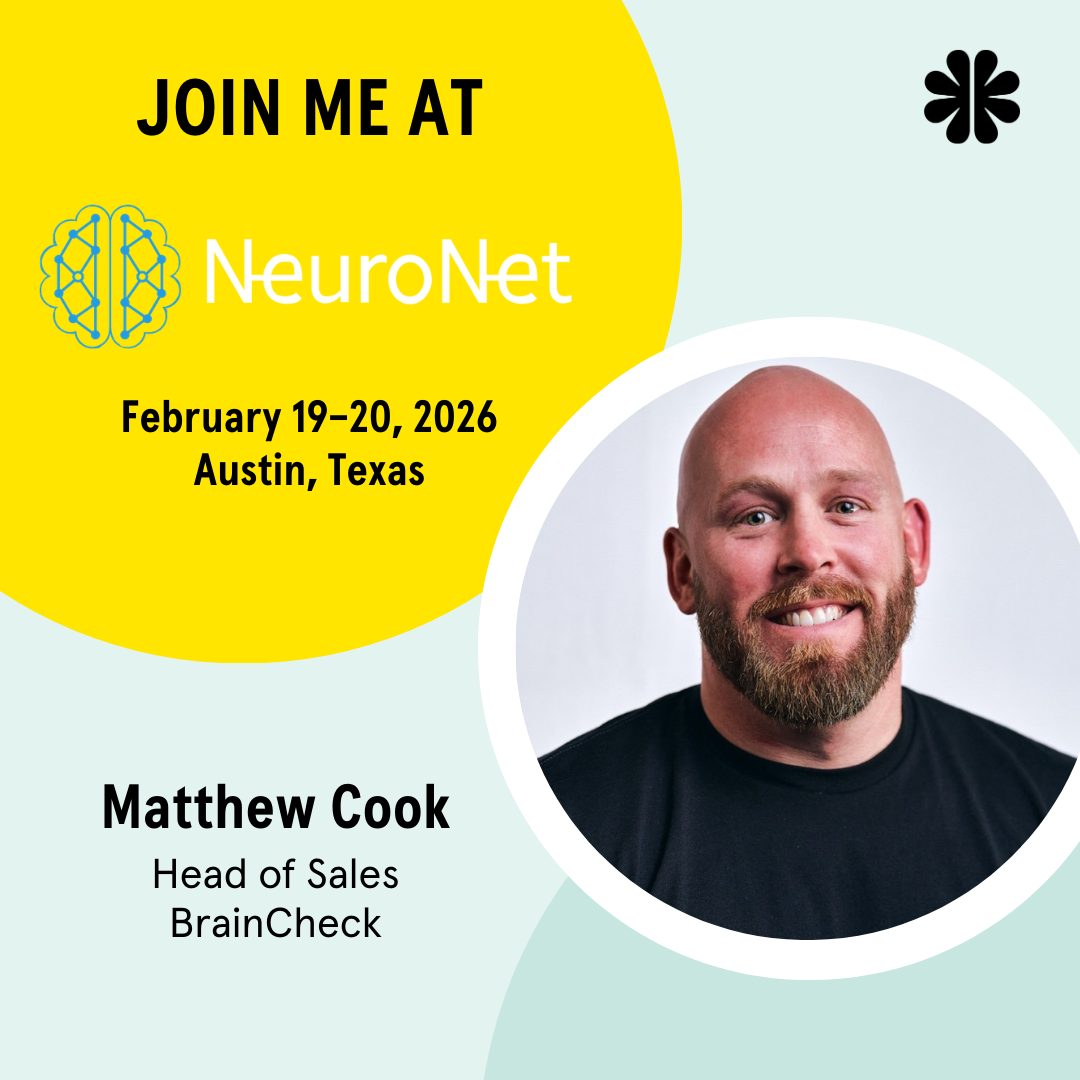Per the COVID‐19 data from the US Centers for Medicare & Medicaid Services SARS-CoV-2 may have infected over a third of the American nursing home /assisted living resident population. As of January 10th, 2021 there have been 549,850 suspected or confirmed cases of coronavirus in USA nursing home residents, with about 107,000 deaths. Among staff of 472,445, there have been 1,340 deaths.
Orestis A. Panagiotou, MD, PhD, of Brown University School of Public Health in Providence, RI, and co-authors, released a cohort study (via JAMA Internal Medicine) at 351 nursing homes among 5,256 residents with severe acute respiratory syndrome coronavirus 2 (SARS-CoV-2). The authors verified that cognitive and physical impairment helped identify nursing home residents with COVID-19 who had a high mortality risk. Among these patients:
- The odds of death were 1.46 times higher for residents aged 80-84 years, compared with residents aged 75-79 years. For residents aged 85-89 years, it was 1.59 times higher, and 2.14 times higher for residents aged 90 years or above.
- Women had a lower risk for 30-day mortality than men.
- Two comorbidities were most strongly associated with mortality: diabetes and chronic kidney disease.
- Fever, shortness of breath, tachycardia, and hypoxia were also associated with increased risk of 30-day mortality.
- Compared with cognitively intact residents, the odds of death among residents with moderate cognitive impairment were 2.09 times higher, and the odds of death among residents with severe cognitive impairment were 2.79 times higher.
- Compared with residents with no or limited impairment in physical function, the odds of death among residents with moderate impairment were 1.49 times higher, and odds of death among residents with severe physical impairment were 1.64 times higher.
According to the authors, cognitive function was assessed in the MDS with the “Cognitive Function Scale (CFS) score, which provides a valid single, integrated measure of nursing home residents’ cognitive function.”
Residents’ cognitive functions were assessed as either severely impaired (ie, individuals who were not able to complete the tests by themselves), moderately impaired (ie, a score of ≤7 or a CPS score of 3-4), mildly impaired (ie, a BIMS score of 8-12 or a CPS score of ≤2), or cognitively intact (ie, individuals who were able to complete the BIMS and scored between 13 and 15).19
(CPS was completed by staff for residents who were unable to complete testing). The CPS is calculated using a complex algorithm that assigns residents a score between 0 and 6 based on 5 MDS items (ie, daily decision-making, eating self-performance, ability to make oneself understood, short-term memory, and whether or not the resident is comatose).
Protecting Nursing Home Residents with Cognitive Impairment
Based on the study, cognitive impairment is a strong risk factor for mortality in nursing home residents with COVID-19, and estimating mortality from an infection should include severity of impairment along with other risk factors. “Individuals with advanced dementia often have concurrent dysphagia, which is associated with increased risks of malnutrition, aspiration, bacterial pneumonia, and delirium, all of which complicate the course of COVID-19.”
Relevant to the assessment of these results is the causal relationship of dementia with COVID-19 infection and mortality. Severely cognitively impaired individuals need assistance with all aspects of daily living (eating, drinking, dressing, bathing, and so on). This puts them “in regular close proximity with many staff members who may be asymptomatically infected with viral strains from the community,” increasing not only the risk of transmission from caregivers to patient, but also exposure to higher viral loads.
Panagiotou et al suggest as an adjunct or augmentation to lab testing, or a substitute wherever testing may be delayed, emphasis on “predictors of death that are easily obtained, accessible on medical records, or quickly collected during a short bedside evaluation…we should acknowledge the importance of going beyond traditionally assessed mortality risk factors and promote the evaluation of cognitive and physical functioning.“
A mobile, accessible cognitive assessment platform can help with evaluation of cognitive impairment, which can be a strategic element in stratifying and prioritizing risk management for nursing home populations, critical in the battle against the pandemic.
Bedside Assessments of Cognitive Function with BrainCheck
BrainCheck is a fast and accurate way for nursing homes physicians, medical providers and caregivers to assess cognitive function, and factor this in accordance with care plans and pandemic mortality risks.
Using BrainCheck, nursing home clinicians and caregivers can assess and track patients’ cognitive health. By detecting changes in cognitive function at any earlier stage (during mild or moderate cognitive impairment, or detecting symptoms in intact patients), clinicians can help patients reduce the risks of rapid onset of further cognitive impairment. Given the concomitant risks of infection during outbreaks such as we’ve seen in the past year, it’s more essential than ever that protocols to assess cognitive function be established.




